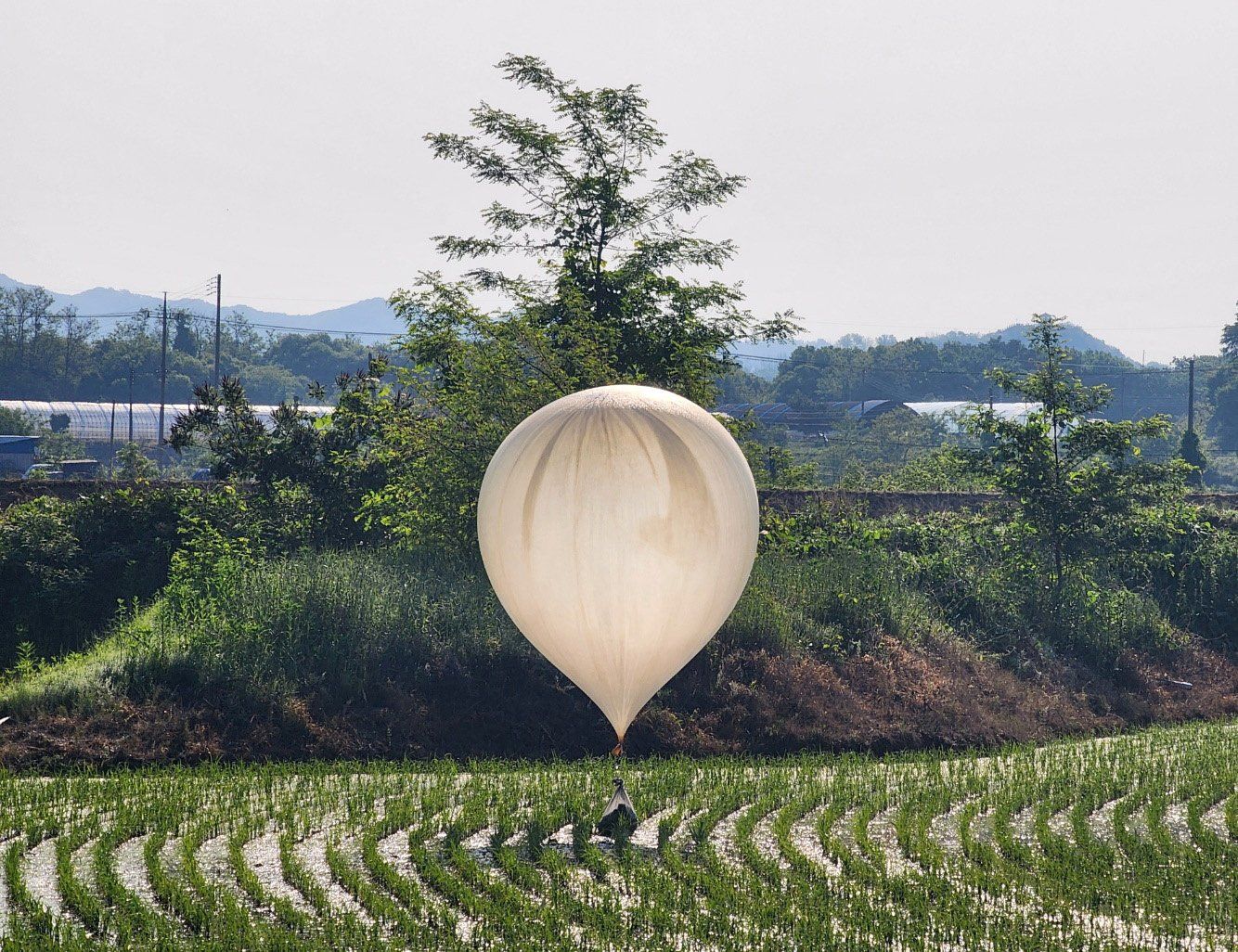Even by North Korean standards, its leadership is in a surly mood this week. The DPRK did not appreciate it when a North Korean defector now living in South Korea sent 20 balloons across the border into the North carrying leaflets condemning Kim Jong Un, along with USB drives featuring South Korean music and TV dramas. This week, the Northresponded by floating over 200 balloons into the South bearing leaflets, trash, bottles, fertilizer, and … excrement.
Pyongyang was also embarrassed when its launch of a rocket carrying a military reconnaissance satellite – probably timed as a defiant response to a trilateral summit in Seoul between South Korean, Japanese, and Chinese officials –exploded shortly after takeoff. That was the DPRK’s third failed attempt to fulfill a pledge issued by Kim.
But the North’s most startling act of the week was its explicit public condemnation of China, North Korea’s top security and trade partner. Chinese diplomats were able to water down a statement on “denuclearization” of the Korean peninsula that followed that Japan-South Korea-China summit, but North Korea still denounced the move as a “grave political provocation.” That’s unusually blunt public criticism of a document bearing Beijing’s signature. China is unlikely to respond harshly, at least not publicly, but relations between Pyongyang and Beijing are likely to remain strained.
